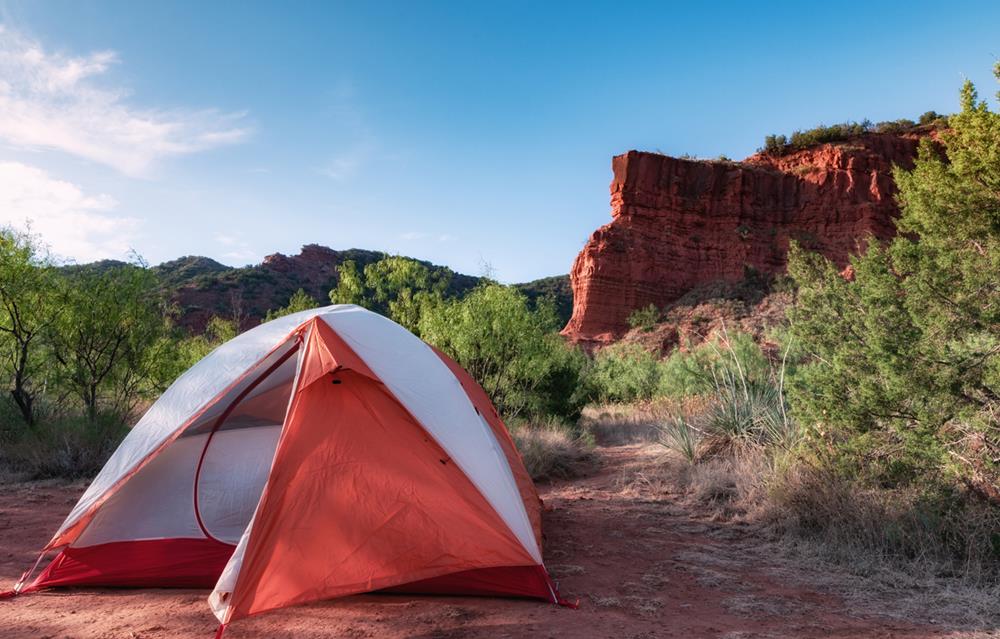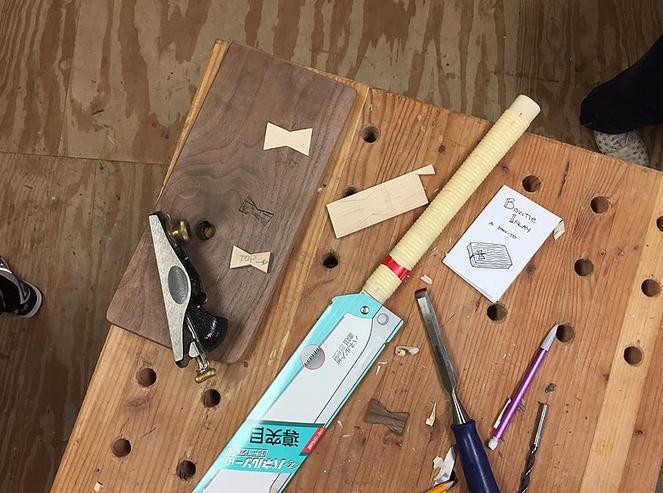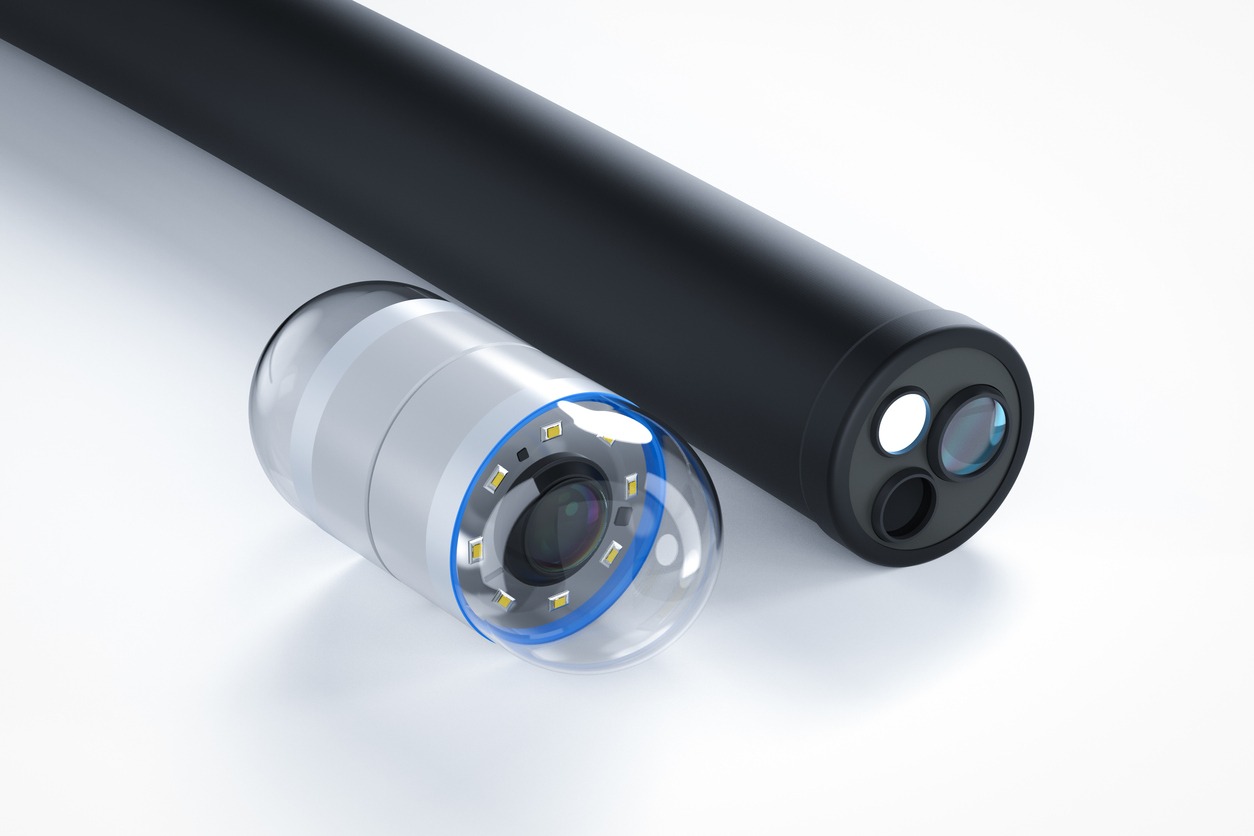Crafty Outdoor Projects for Texas Campgrounds and Parks

Enhance your Texas camping experience with DIY projects that connect you to nature. Create baskets from locally available vines you've gathered where collecting is allowed (never harvest in parks without permission), craft leave-no-trace nature activities, or build solar lanterns for evening ambiance.
Upcycle everyday items into practical camp kitchen organizers and design weather-resistant family flags to mark your site without attaching anything to trees or structures. These crafty projects not only personalize your outdoor adventure but also foster a deeper appreciation for Texas's natural environment.
Discover how these handmade touches transform ordinary camping into memorable experiences.
Nature-Inspired Crafts Using Local Materials
When visiting Texas parks, you'll discover an abundance of natural inspiration perfect for creating memorable crafts that connect you to the local environment. Try working with grapevine or honeysuckle (kudzu is invasive and should be handled off-park and responsibly disposed of); soften vines by soaking or briefly simmering to increase pliability and remove debris.
Explore plant-based dye techniques that reflect Texas's rich ecological heritage. For sustainable practice, use wind-fallen material (never peel bark from live trees) and source any cut vines outside park boundaries or with landowner permission.
Late fall and winter often make gathering easier when vines release more readily. Practice traditional weaving methods like twill and plaiting with your foraged materials. These crafts honor frontier traditions while teaching stewardship of local flora.
The tactile experience of working with these natural elements creates a deeper appreciation for Texas's diverse plant communities and traditional craft knowledge.
Eco-Friendly Bird Activities for Campsite Wildlife Viewing
Creating your own eco-friendly bird-friendly projects while camping in Texas parks offers a way to enjoy wildlife without feeding or habituating animals (many parks restrict feeding). Instead of seed feeders at campsites, craft temporary observation stations: make a field journal, set up a shallow water dish in a safe, cleanable basin, or assemble a home-use pine-cone feeder to hang after your trip in your backyard.
If you do make feeders for home, choose black-oil sunflower or species-appropriate mixes and bake crushed eggshells to sterilize before offering calcium. Hang feeders 5–10 feet high, use natural jute or wire hangers, and clean with a diluted, biodegradable solution to prevent disease. In hot Texas weather, avoid animal-fat mixes that spoil quickly.
These practices protect wildlife, reduce campground mess, and still bring you close to Texas birds.
DIY Solar Lanterns for Campground Ambiance
Many Texas campers enhance evenings with handmade solar lanterns that combine sustainability with rustic charm. You can easily create these lights using small 5–6V solar panels paired with protected 18650 cells and a TP4056 charging board with protection inside weather-resistant housings (e.g., mason-jar or repurposed lantern bodies).
For durability, seal wood with spar urethane, keep wiring internal, and use warm-white LEDs (steady or flicker) for candlelike glow without open flame. Keep electronics enclosed, use fused leads, and position lanterns where they won't disturb neighbors or wildlife.
Customization options are endless—add punched patterns, rustic hardware cloth, or weathered stains that complement Texas park settings while keeping your setup safe and compliant with campground rules.
Portable Camp Kitchen Organizers from Upcycled Items
Texas park enthusiasts upcycle household items to craft ingenious camp kitchen organizers. Old toolboxes become compact kitchen kits with magnetic towel holders; wooden crates convert into modular storage.
Use ½" plywood for durable builds, add hinges, latches, and magnetic catches for transport, and use repurposed poles or brackets as lid props. Inside, design adjustable shelves, upright utensil bays, and spaces for reusable silicone bags.
This approach reduces waste and maximizes functionality in limited campsite space—no single-use clutter required.
Weather-Resistant Trail Markers and Family Flags
When exploring rugged Texas trails, personal site identifiers and family flags are useful—just remember park rules. Choose reflective, weather-resistant materials for visibility and freestanding hardware like collapsible poles or stake bases. Do not nail, screw, or strap markers to trees, posts, or park fixtures, and keep designs compact so they don't block paths or views.
For long-lasting color, pick UV-resistant fabric and clean with mild soap and water. Bright hues help your group find camp quickly and can double as emergency attention signals when placed appropriately.
Kid-Friendly Outdoor Scavenger Hunt Kits
Every child's outdoor adventure becomes more engaging with thoughtfully designed scavenger hunt kits that turn park visits into memorable explorations. Include notebooks, pencils, binoculars, and themed checklists tailored to Texas habitats.
Maximize sensory engagement with texture rubbings, quick sketch prompts, and photo-based "collecting" instead of removing natural items (follow Leave No Trace). Design flexible gameplay for individuals or small groups; add timed challenges for older kids. Pack weather-resistant materials, sunscreen, hand sanitizer, and kid-sized sunglasses for bright Texas days.
Handmade Fire Starters for Designated Fire Rings
Reliable fire starters make evenings easier at designated fire rings. Use beeswax or soy wax with cotton and sawdust in muffin tins for tidy starters. Melt wax via a double boiler (gentle heat; never over direct flame) and avoid fragrances that can smoke.
Store in a dry container. When using, follow local burn bans, park fire rules, and place starters beneath kindling with good airflow. These compact, low-odor starters reduce reliance on chemical accelerants and align with campground regulations.
Reusable Camp Games from Sustainable Materials
Bring eco-friendly fun to Texas park adventures with reusable games. Choose bamboo or FSC-certified wood for classics like ring toss or cornhole; finish with non-toxic, outdoor-rated coatings.
Sew carry cases from recycled fabric that fold flat, and use stainless or wood containers for small parts. Consider recycled-polypropylene mats—durable, UV-resistant, and easy to clean. Try nature-themed hunts with laminated checklists you can reuse, and support local makers who prioritize sustainable materials.
Conclusion
You've now got a toolkit of Texan-inspired outdoor projects that enhance your camping experience while respecting our parks. Whether you're crafting with ethically sourced materials or upcycling everyday items, these projects connect you to nature and minimize impact.
Take these ideas on your next adventure—they're perfect for family bonding and creating memorable nights under the Texas stars. Happy crafting and camping!


